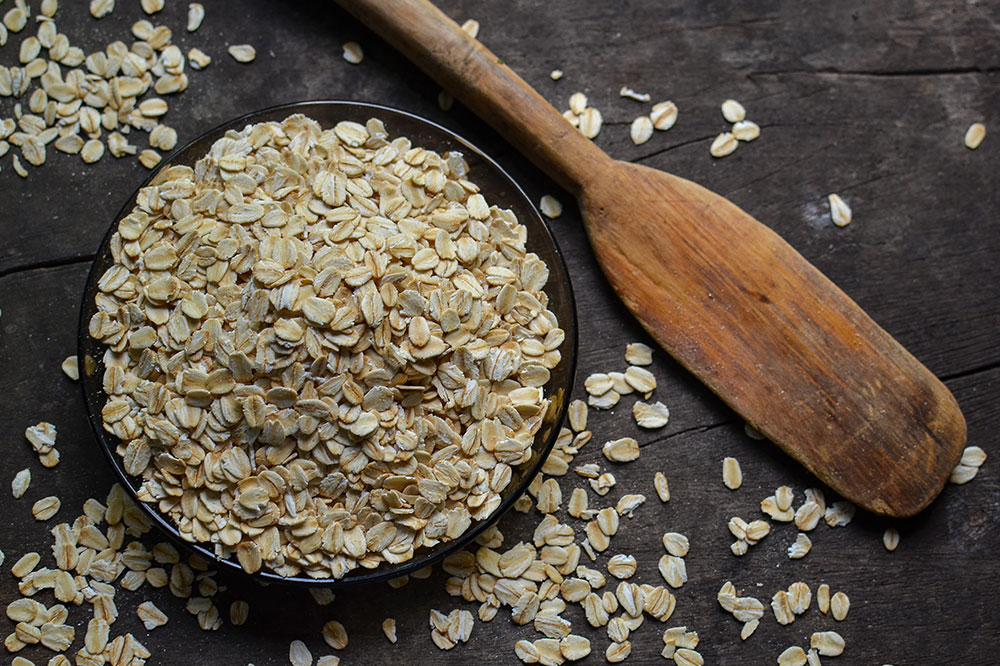Effective Dietary Strategies to Reduce Crohn’s Disease Discomfort
Learn practical dietary strategies to reduce Crohn’s disease symptoms. Focus on foods like refined grains, cooked vegetables, low-fiber fruits, probiotic-rich dairy, and lean proteins. Proper nutrition helps manage inflammation and improve quality of life during flare-ups and remission.

Effective Dietary Strategies to Reduce Crohn’s Disease Discomfort
Managing Crohn’s Disease Through Nutritional Choices
Crohn’s disease is a long-term inflammatory disorder that affects the gastrointestinal tract, causing symptoms such as stomach pain, diarrhea, fatigue, weight loss, and bleeding from the rectum. During flare-ups, these issues can intensify and disrupt daily activities. Dietary modifications are essential, as certain foods can either soothe or worsen symptoms. Picking the right foods plays a crucial role in easing inflammation and improving overall well-being.
Here are some top foods recommended during Crohn’s exacerbations to support digestive health:
Refined Grains
Refined grains like white bread, rice, pasta, and pancakes are gentle on the digestive system due to their low fiber content. They can help decrease inflammation and reduce symptom severity during flare-ups.
Cooked Vegetables
Thoroughly cooked vegetables, with seeds and skins removed, aid digestion and reduce gut inflammation. Foods such as potatoes and asparagus can effectively lessen bowel irritation during symptoms flare-ups.
Low-Fiber Fruits
Fruits like bananas, honeydew melons, and peaches contain less fiber, making them less likely to trigger discomfort. Avoid high-fiber fruits during active symptoms to prevent pain and bloating.
Fermented Dairy Products with Reduced Fat
Low-fat fermented dairy options like kefir include probiotics that help lower gastrointestinal inflammation, ease abdominal pain, and boost gut health.
Lean Protein Sources
Incorporate lean proteins such as fish, eggs, tofu, and soy to support digestion. These foods can aid in symptom relief and promote recovery during active disease phases.
Proper dietary management involves selecting foods that nurture gut health and avoiding triggers like spicy foods, high-fiber items, and certain dairy products. Making appropriate food choices can greatly enhance quality of life both during flare-ups and remission periods.


